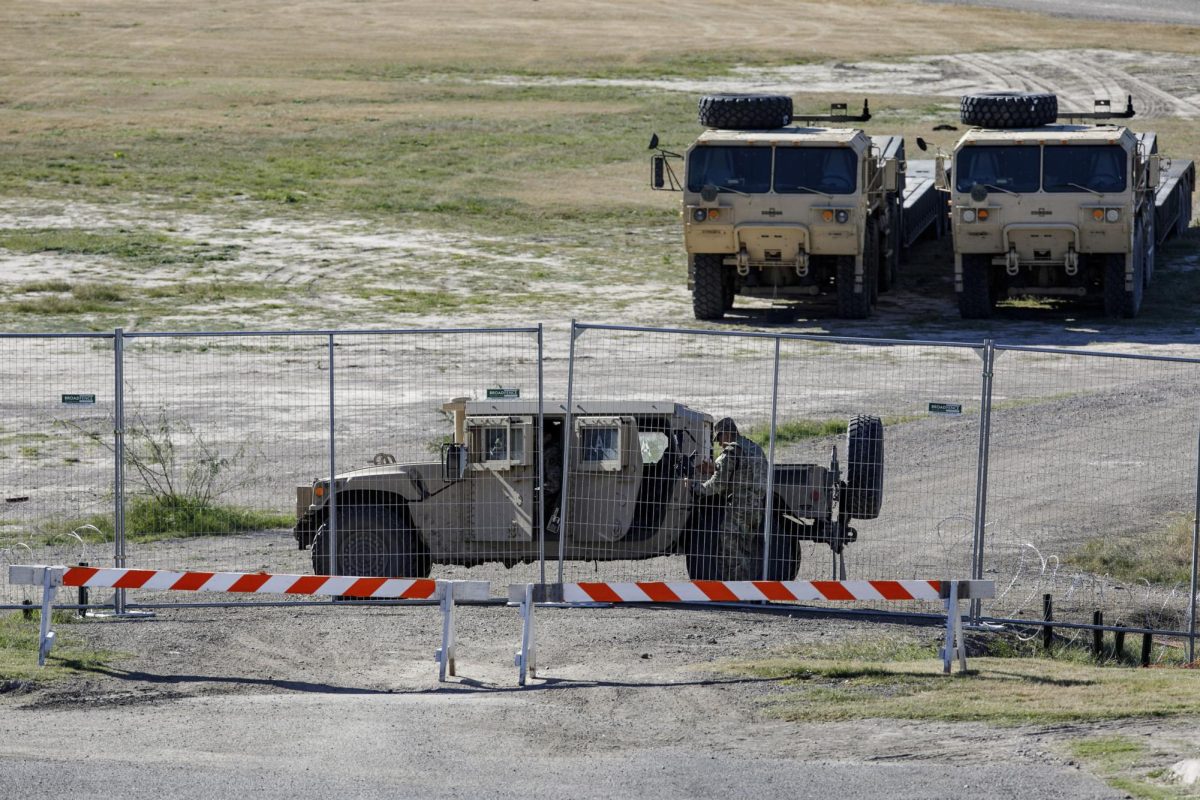Every other year, the Texas Legislature convenes for up to 140 days to write new laws and discuss current state issues. The most recent regular legislative session took place earlier this year, starting on Tuesday, January 10 and running through Monday, May 29.
Two special legislative sessions were also called by Governor Greg Abbott. The first began on Monday, May 29 and ran through Tuesday, June 27 and the second began on June 27 and ran through Thursday, July 13. During this time frame, 774 new laws were passed, impacting pretty much everything, including law enforcement, education, public safety, animals, and traffic.
These 700+ laws recently went into effect on Friday, September 1. Among the abundance of laws was House Bill 1885, which will allow speed limits to be temporarily changed during cases of inclement weather and construction. Signed by the governor on Friday, June 9, H.B. 1885 was created in response to the fatal 133-car pileup which occurred a little over two years ago.
On Feb. 21, 2021, icy roads, a lack of preparation for below-freezing temperatures, and high speed limits led to the 130+ vehicle pileup on Interstate 35W in Fort Worth. This left six people dead and dozens more injured.
Terry Canales (D-Edinburg), a Texas State Representative and the author of House Bill 1885, believes that H.B. 1885 could have prevented that.
In an article with the Texas Tribune, Canales spoke regarding the February 2021 pileup, stating, “That’s an instance when we know there were conditions that led to a catastrophic pileup. It was studied by the federal government and the national highway agency, and ultimately their findings were that variable speed limits could have mitigated and completely prevented this accident from happening.” Canales further spoke his mind about road and traffic safety, reporting that “If we’re not able to alter or modify the speed limit to reflect the current conditions, safety is in jeopardy.”
House Bill 1885 allows local Texas Department of Transportation engineers to temporarily change speed limits. These engineers can do such without approval from state transportation commissioners as long as, according to the Texas Department of Transportation, the speed limit change under the bill:
- Is required to be based on engineering and traffic investigation;
- Is authorized to be effective for all or a designated portion of a highway and is authorized to be effective for any period of the day or night, as TxDOT determines necessary;
- Is prohibited from being less than 10 miles per hour below the prima facie speed limit on the portion of highway to which it applies; and
- Is effective only when the speed limit is posted and only if a sign notifying motorists of the change in speed limit is posted not less than 500 feet but not more than 1,000 feet before the point at which the speed limit begins.
When the temporary speed limits allotted under this law are put into effect, drivers will be notified in a number of ways, including a digital sign on the back of a trailer or a physical sign that is placed over the permanent speed limit sign.
Now, with the understanding that House Bill 1885 was passed to help keep Texas roads safe, the most concern that occurred was if the temporary speed limits will help or just create more issues.
Well, in 2014, under House Bill 2204, the Texas Department of Transportation was able to test the effectiveness of temporary speed limit changes in Tempe, San Antonio, and Eastland County. Canales said that the results of the program testing “demonstrated that variable speed limits resulted in a safety benefit at each location where it was implemented. The motorists clearly understood the purpose of it and as that program continued in Texas, it concluded we could benefit from a statewide program.”
From the positive results of the 2014 experiment and the confidence of Texas Representative Terry Canales, the future effects of House Bill 1885 seem positive in that Texas roads will become safer for all.
If you are interested in learning more about these new laws, go to capitol.texas.gov as they provide information regarding House Bill 1885 and other bills from all of the previous Texas legislature sessions.





